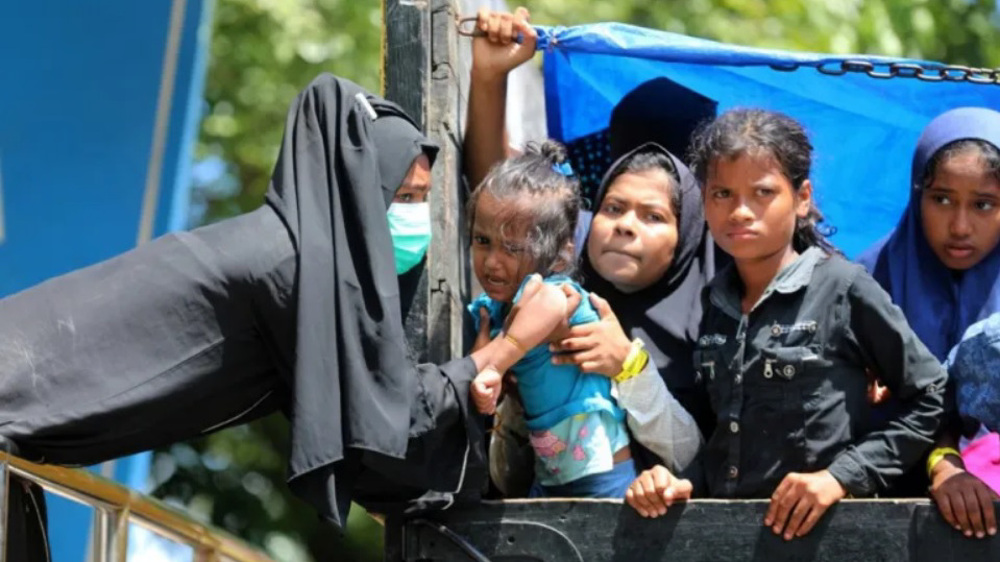New UN envoy calls for 'genuine reconciliation' in Myanmar
The new UN envoy for Myanmar has told authorities in her first visit to the country that those behind atrocities and attacks against persecuted Rohingya Muslims in Rakhine state “must be held accountable.”
According to a UN statement released on Thursday, Christine Schraner Burgener said credible measures were needed to establish accountability for the violence that has engulfed Rakhine and driven thousands of Rohingya from their homes.
"In all discussions, the special envoy underlined the importance of accountability, which she highlighted was essential for genuine reconciliation," the statement read.
The UN envoy "urged for credible fact-finding measures" and said the United Nations was ready to cooperate to establish such steps.
Schraner Burgener held talks with Myanmar's de facto leader Aung San Suu Kyi and commander-in-chief General Min Aung Hlaing during a nine-day visit to the country.
After visiting the camps of displaced Rohingya in Rakhine, she also suggested that authorities hold public meetings with the affected communities to encourage "reconciliation and healing."
The former Swiss ambassador to Germany, who was appointed special envoy in April, will travel soon to neighboring Bangladesh where 700,000 Rohingya live in overcrowded camps after being driven from their homes. She also plans to visit Thailand and China.

The United Nations has described the military campaign in Rakhine as "ethnic cleansing" and is pushing for a full investigation into allegations of atrocities.
Suu Kyi has come under fire for doing virtually nothing to stop the crimes. Her government has also snubbed and obstructed UN officials seeking to investigate the situation and prevented aid agencies from delivering food, water and medicines to the refugees.
The Security Council visited Myanmar and Rakhine state in early May, meeting with refugees who gave detailed accounts of killings, rape and torching of villages at the hands of Myanmar's military.
The United Nations has said it has strong suspicions that “acts of genocide” have taken place against the Rohingya.

The Rohingya have lived in Myanmar for generations but are denied citizenship and are branded illegal immigrants from Bangladesh, which likewise denies them citizenship.
The UN has described the 1.1-million-strong Muslim community as the most persecuted minority in the world.
VIDEO | Press TV's news headlines
More Europeans see Trump as 'enemy' than 'friend': Survey
Ukraine war talks begin in UAE as Russia repeats Donbas demand
Iran slams UNHRC session as illegitimate, says no submission to foreign pressure
Six-month-old boy freezes to death in Gaza amid Israel's inhumane blockade
VIDEO | Protestors in South Africa slam US interference in other countries’ affairs
Israel runs smear campaign against Doctors Without Borders: Report
Iran slams EU parliament’s ‘meddlesome, irresponsible’ resolution on terrorist riots










 This makes it easy to access the Press TV website
This makes it easy to access the Press TV website